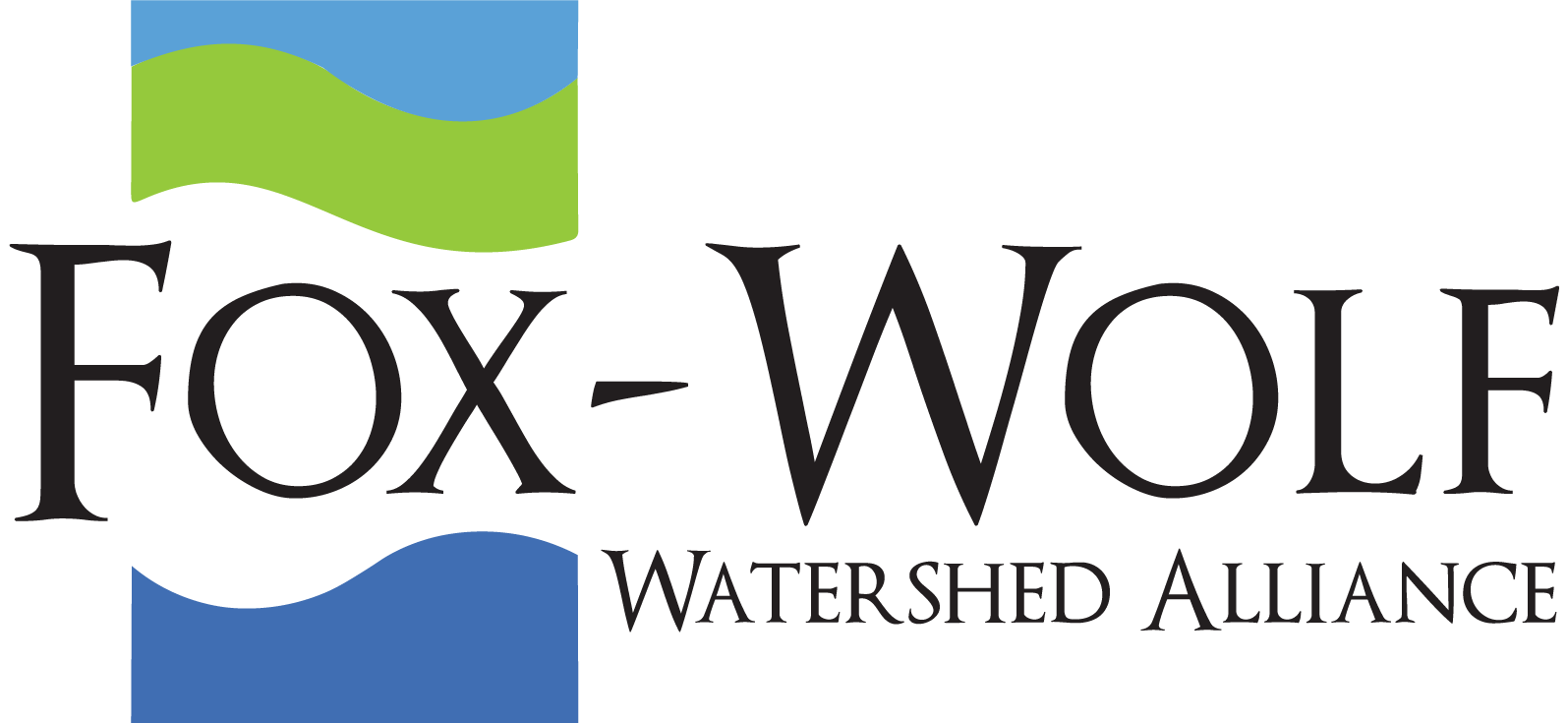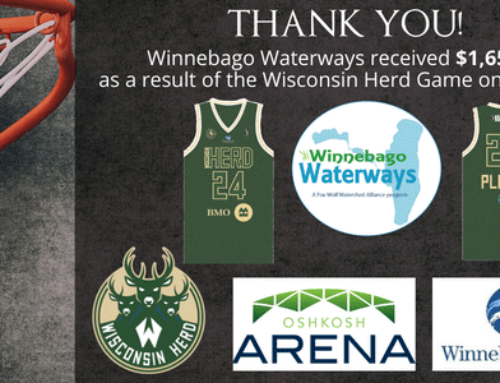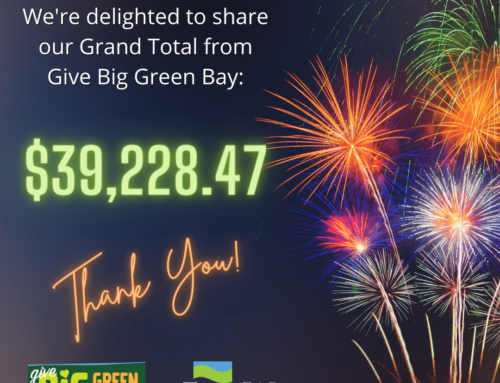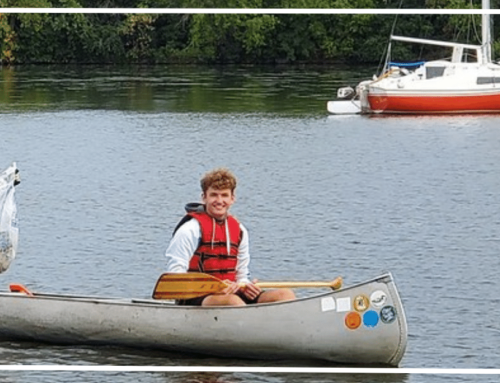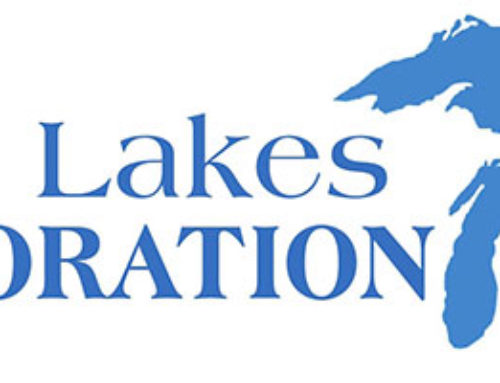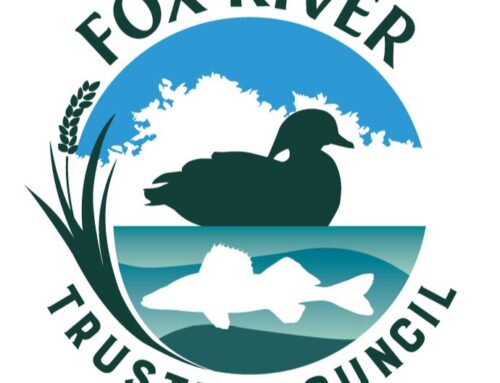List of grant funding opportunities:
Application deadline: Friday, Jan. 13, 2017
The U.S. EPA is seeking applications for grants under the Great Lakes Restoration Initiative for FY 2016 and FY 2017 for the following categories:
- Great Lakes Taxonomy and Barcodes to Support Early Detection Monitoring (EPA-R5-GL2016-TAG)
- Invasive Species Control (EPA-R5-GL2016-ISC)
- Foundations for Invasive Species Collaborations (EPA-R5-GL2016-FFC)
- Phosphorus Risk Reduction Pilots in Western Lake Erie Agricultural Watersheds (EPA-R5-GL2016-PRR)
- Agricultural Watershed Management Implementation (EPA-R5-GL2016-AWM)
- Urban Watershed Management Implementation (EPA-R5-GL2016-UWM)
- Agricultural Incentive Program Effectiveness (EPA-R5-GL2016-IPE)
The following organizations are eligible to apply under this RFA: nonfederal governmental entities, institutions of higher learning (i.e., colleges and universities), and non-profit organizations as defined in 2 C.F.R. § 200 are eligible to apply for funding under this RFA. Individuals, nonprofit organizations exempt from taxation under Section 501(c)(4) that engage in lobbying, and “for-profit” organizations are not eligible.
Application deadline: Jan 25, 2017
“Eligible tribes and intertribal consortia to develop and/or implement watershed-based plans and on-the-ground projects that will result in significant steps towards solving Nonpoint Source (NPS) impairments on a watershed-wide basis. Eligible entities are strongly encouraged to submit proposals that develop and/or implement watershed-based plans designed to protect unimpaired waters and/or restore NPS-impaired waters. Eligible tribes and intertribal consortia may apply for competitive funding by submitting a proposal for up to a maximum budget of $100,000 of federal CWA section 319 funding (plus the additional required match of the total project cost).”
Application deadline: June 30, 2017
“The Great Lakes Restoration Initiative targets the most significant environmental problems in the Great Lakes ecosystem by funding and implementing federal projects that address these problems. One goal is to improve habitat and wildlife protection and restoration. Using appropriations from the Great Lakes Restoration Initiative, the U.S. Fish and Wildlife Service (Service), Partners for Fish and Wildlife (PFW) Program anticipates funding wetland and associated upland habitat restoration and enhancement projects for conservation of native Great Lakes fish and wildlife populations, particularly migratory birds.”
Application deadline: February 1st, 2017
- Developing funding mechanisms, plans, or other strategies to implement large-scale watershed protection, source water protection, green infrastructure, or related landscape conservation objectives;
- Building the sustainable organizational infrastructure, social support, and long-term funding commitments necessary to implement large-scale protection of healthy watersheds; and
- Supporting innovative or catalytic projects that may accelerate funding for or implementation of watershed protection efforts, or broadly advance this field of practice.”
Application deadline: January 9th, 2017
“CIG are competitive grants that stimulate the development and adoption of innovative approaches and technologies for conservation on agricultural lands. CIG uses Environmental Quality Incentives Program (EQIP) funds to award competitive grants to non-Federal governmental or nongovernmental organizations, American Indian Tribes, or individuals. Producers involved in CIG funded projects must be EQIP eligible. Through CIG, NRCS partners with public and private entities to accelerate technology transfer and adopt promising technologies. These new technologies and approaches address some of the Nation’s most pressing natural resources concerns. CIG benefits agricultural producers by providing more options for environmental enhancement and compliance with Federal, State, and local regulations.”
Webinar: Tuesday, Jan 10th, 2017
Application due: February 21st, 2017
“Sustain Our Great Lakes is a public–private partnership that supports habitat restoration throughout the Great Lakes basin. Administered by the National Fish and Wildlife Foundation (NFWF), the program receives funding and other support from ArcelorMittal, the U.S. Environmental Protection Agency, the U.S. Fish and Wildlife Service, the U.S. Forest Service, the National Oceanic and Atmospheric Administration, and the U.S. Department of Agriculture’s Natural Resources Conservation Service. A significant portion of program funding is provided by the Great Lakes Restoration Initiative, a federal program designed to protect, restore and enhance the Great Lakes ecosystem.”
Full Proposal Due Date: Tuesday, January 31, 2017
Priority will be given to projects in urban, suburban and/or rural areas that advance water quality goals in environmental justice communities such as neighborhoods with high concentrations of minority and low-income populations. Projects that increase access to the benefits of nature, reduce the impact of environmental hazards and engage these communities in the project planning, outreach and implementation will have priority for funding. We expect at least 50% of the grants made under this RFP to go to projects engaging these communities.”
Wisconsin Sea Grant 2018-20 Omnibus Funding
Faculty Research Grant Opportunity
Informational webinar for applicants: Friday, Dec 16, 2016
Preproposals due: Tuesday, Jan 24th, 2017
The University of Wisconsin Sea Grant College Program is inviting research and education project proposals for the next two-year grant period that begins February 1, 2018. The process involves two steps:
- Prospective investigators submit a preproposal by 3 p.m. CST Tuesday, January 24, 2017. See Guidelines for Preproposals in the Request for Proposals.
- Prospective investigators submit a full proposal by 3 p.m. CST Friday, April 28, 2017.
Know of other grant funding opportunities? Let us know and we will add it to our list!
Originally pby
